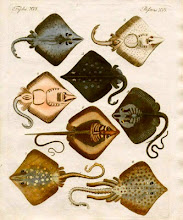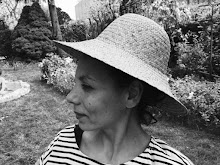On a certain day in the blue-moon month of September
Beneath a young plum tree, quietly
I held her there, my quiet, pale beloved
In my arms just like a graceful dream.
And over us in the beautiful summer sky
There was a cloud on which my gaze rested
It was very white and so immensely high
And when I looked up, it had disappeared.
2
Since that day many, many months
Have quietly floated down and past.
No doubt the plum trees were chopped down
And you ask me: what's happened to my love?
So I answer you: I can't remember.
And still, of course, I know what you mean
But I honestly can't recollect her face
I just know: there was a time I kissed it.
3
And that kiss too I would have long forgotten
Had not the cloud been present there
That I still know and always will remember
It was so white and came from on high.
Perhaps those plum trees still bloom
And that woman now may have had her seventh child
But that cloud blossomed just a few minutes
And when I looked up, it had disappeared in the wind.
-Bertolt Brecht, “Remembrances of Marie A.,“ in Die Hauspostille (1927) (S.H. transl.)
(Bertolt Brecht, Gesammelte Werke in acht Bänden, vol. 4, p. 232)



